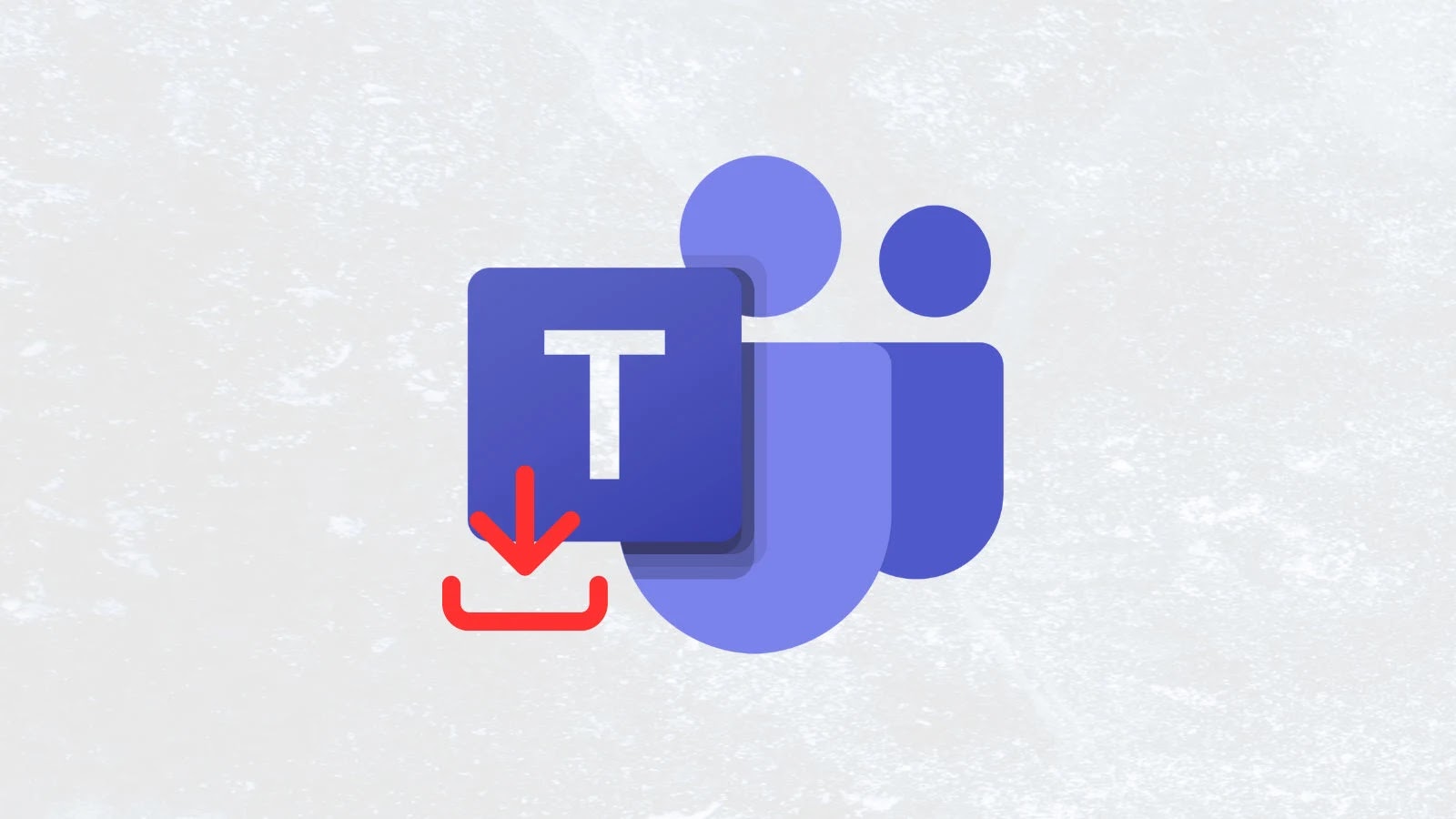On October 27, 2025, Microsoft acknowledged a malfunction within its Teams platform affecting the text-to-speech (TTS) functionality during auto-attendant calls. This issue has led to silent or incomplete automated responses, causing significant disruptions in customer service operations and internal communications for numerous organizations.
The problem was first reported by users on platforms such as Reddit and Microsoft’s community forums, with some organizations experiencing disruptions since early Monday. The malfunction specifically impacts the TTS conversion in auto-attendant scenarios, where Teams is set up to manage incoming calls with automated voice responses. Users have reported that scripted messages fail to process correctly, resulting in silent or incomplete greetings that disrupt customer service workflows and internal communications.
Microsoft confirmed the issue through its official Microsoft 365 Status account on X (formerly Twitter), advising administrators to refer to incident TM1180557 in the admin center for updates. The company stated, We’re investigating an issue with text-to-speech functionality during auto-attendant calls in Microsoft Teams. More information can be found under TM1180557 in the admin center.
This disruption underscores the challenges inherent in cloud-based communication tools, which are integral to modern business operations. For enterprises relying on Teams as their primary VoIP solution, the malfunction translates to potential productivity losses and strained client interactions, particularly in high-volume call centers.
The glitch appears to be confined to the TTS feature during auto-attendant use and does not affect core calling or video functionalities. However, it highlights vulnerabilities in AI-driven voice technologies that have become essential in hybrid work environments post-pandemic. This incident coincides with Microsoft’s ongoing efforts to enhance Teams with advanced AI integrations, including Copilot for voice assistance.
Analysts suggest that the bug may have originated from recent updates to the platform’s speech synthesis engine, potentially linked to compatibility issues with certain server configurations. Microsoft has advised affected users to monitor the admin center for updates and consider temporary workarounds, such as reverting to manual attendant scripts.
As the investigation continues, businesses are preparing for potential prolonged effects and are hopeful for a swift resolution to restore seamless operations. Microsoft has since confirmed that the issue has been resolved, stating, We’ve resolved the issue, and further details are being provided under TM1180557 in the admin center.



